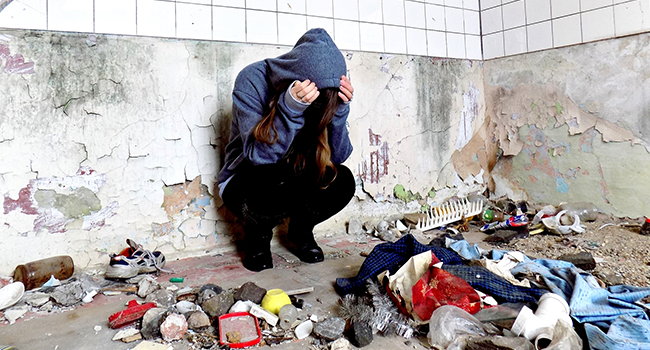(Dealing with Addiction on Golden Pond)
#6: The Heartfelt Reality of Being Functional
I’m still 28 days out from checking into DARA. I’m struggling to stay afloat. I would
love to take off for Thailand tomorrow. I pray I can make it another 28 days. The
reasons for the delay are complicated, focusing primarily on financial issues.
Another reason might possibly be my cursed blessing of being functionality. I am
100% Irish and have addiction on both sides of my family. There is no doubt that I am
genetically predisposed. And, may I dare say, that as a culture we Irish have, over
time, developed an amazing tolerance for alcohol. Personally, my climb to the top of
the addiction pyramid happened very gradually….over 40 years. I have no trouble
admitting publicly that I have reached the top that pyramid and that there is no place
for me to go at this point but down.
The problem with my being functional is that everyone expects that of me. And, I
don’t want to ever let myself or anyone else down. I will do as much as others ask of
me or I ask of myself within the limits of my current state of health.
Today, I was asked to run an errand by a contractor I’m employing. I ran the errand
successfully, but with two very close calls driving on the highway. If it weren’t for
those two other drivers’ quick reactions, we’d all be dead.
Another essential aspect of functionality is that, even when I gently tell loved ones
how poorly I’m feeling, either they don’t believe me or they don’t know what to do
about it or they don’t care.
In journal/diary fashion, let me just conclude by saying that I have a 9:00 a.m.
appointment with an Addiction Psychiatrist tomorrow. The part of my brain that can
still think, tells me to call a cab. That will be costly, very costly. The other part of my
brain tells me that I can make it to 9:00 a.m. without a drink. And, I probably can.
But, I also have severe chronic sinusitis which also wreaks havoc on my frontal cortex
and my inner ear throwing off my balance, judgement and even my eyesight (dry eye).
I wish I had a support system that could really hear, empathize and help out.
I hope that in writing this I did not offend anybody, but those are my heartfelt
thoughts in this moment in time.
As always, look foreword to your thoughts.
With compassionate understanding,
Magpie














